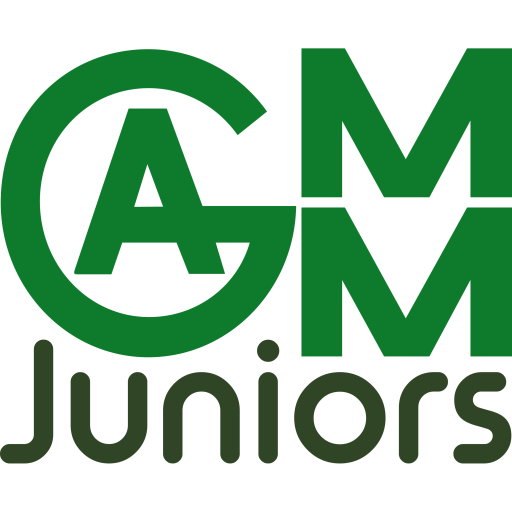The classical approach to discretizing time-dependent PDEs are timestepping schemes that, given the problem data and approximate solutions for preceeding time steps, compute an approximate solution for the next time step. For long time intervals, approximation errors accumulate over time and hence the time step has to be chosen prohibitively small for the realization of reasonable error bounds, which leads to tremendous computational effort. Spacetime schemes are based on the idea to treat time as a kind of space dimension, and to discretize time and space simultaneously in a Petrov-Galerkin scheme.
The temporal direction of the information flux is reflected in the choice of the test space. In this manner, time-dependent problems can be tackled with coarser time steps, since the approximation error does not accumulate and grow in time direction, but is quasi-optimally distributed in the spirit of a Galerkin approximation.
On August 7–9, the annual Summer School on Applied Mathematics and Mechanics (SAMM) took place at the Leibniz University Hannover, under the topic “Spacetime Finite Element Methods for parabolic and hyperbolic conservation laws”, with 21 participants from Germany, Austria, and the Netherlands. We were very happy to have Prof. Christian Hesch (Uni Siegen), Prof. Jaap van der Vegt (Uni Twente), and Prof. Olaf Steinbach (TU Graz) as lecturers, as well as Dipl-Ing. Julia Hauser (TU Graz) for the programming tutorials.
The start was made by Prof. van der Vegt, introducing basic concepts of space-time discretization for the advection-diffusion equation and compressible Navier-Stokes Equation. Prof. Hesch gave an engineer’s perspective on the space-time approach with emphasis on the historical background, and finally Prof. Steinbach addressed space-time variational formulations in Bochner spaces and anisotropic Sobolev spaces with application to the heat equation and, extending the approach, to the instationary Stokes system. The lectures were accompanied by extensive programming tutorials led by Julia Hauser.
The summer school was hosted by the Institute of Applied Mathematics at Leibniz University Hannover and financially supported by the same and by the Dr.-Klaus-Körper-Stiftung, and the organization and realization was supported by Prof. Sven Beuchler, Natascha Krienen, Tim Haubold and many others. Participants emphasized that they appreciated the atmosphere, size and structure of the group, the time available for programming, and last but not least, the lectures.
As an organizer, I enjoyed the summer school very much as well, which to organize was a very intensive and instructive experience.
– Philipp Morgenstern
